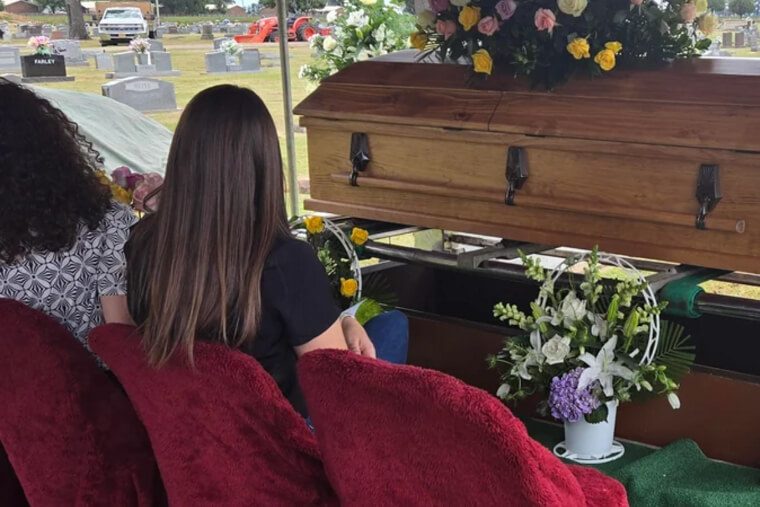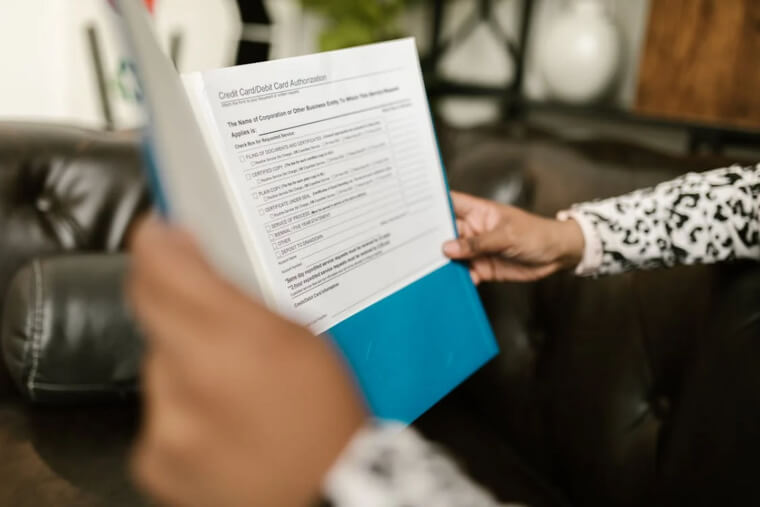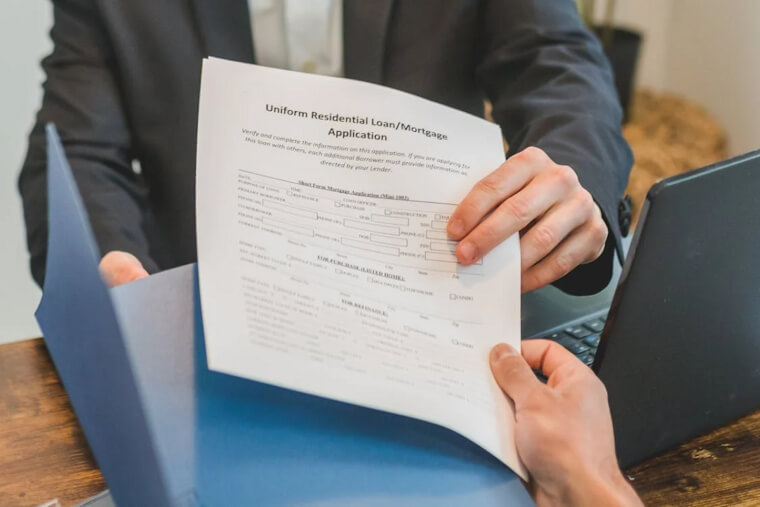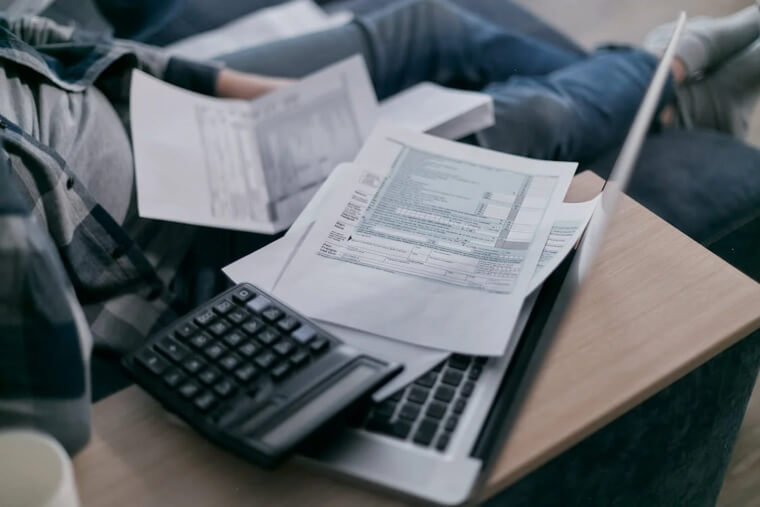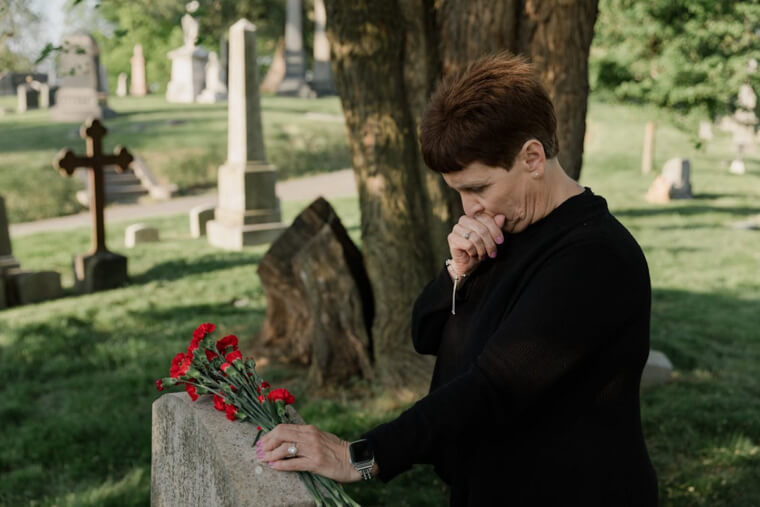Be Wise With Money at All Ages
Money makes the world go round, and having your own money is the key to living a safe, stable life. This is especially important post-retirement, when you might not have a stable paycheck. Here are a few financial mistakes that could hurt you in your retirement.
Claiming Social Security Too Early
What many people don’t realise about seniors’ social security benefits is that the earlier you claim them, the lesser amount you will get every month, over time. In the early days of your retirement, it’s better to have other sources of income than to rely on Social Security.
Not Accounting for Inflation
On average, the purchasing power of your money is reduced by 6% every year because of inflation. Not accounting for inflation when planning retirement is one of the most common rookie mistakes that people make.
Underestimating Healthcare Costs
No matter how healthy you are or how well you’ve lived your life, there are going to be certain health complications as you age. It is a part of the process of aging. However, most people underestimate the cost of having to manage these complications. Before you plan for retirement, do your research on the average medical costs in your area.
Failing to Plan for Long-Term Care
Today, life expectancy in the U.S. is at an all-time high. With increased life expectancy comes the need for long-term care for seniors. To this end, make sure that you either get proper insurance or have a financial plan to keep you at ease in your sunset years.
Supporting Adult Children Financially
When your kids are younger, supporting them financially is your responsibility, but you owe them no such thing once they are grown adults. While you may be tempted to help them out when they’re not doing well, cutting into your own savings to bail them out will only hurt you.
Keeping Too Much in Cash
While stocks, bonds, properties, and even bank deposits make your money grow over time, inflation means that cash only loses value as the years go by. So, keeping too much of your savings in cash is never advisable.
Taking on New Debt
Your retirement years are for enjoying the wealth you’ve built over your life, not to take on more debt. Mortgages, car loans, and credit card debt are all a sinkhole that you won’t be able to get out of after your retirement.
Not Downsizing When Necessary
Your four-bedroom single-family home might hold a lot of memories for you and your family, but if it’s just you (and/or your spouse) living there now, those memories can not pay for the cost of its upkeep. You can save maintenance costs, utility costs, and property taxes by downsizing to a smaller home.
Overinvesting in Risky Assets
The simple rule of investing is the younger you are, the more risk you can take. And while it may seem unfair to first-time investors in their 60s, taking fewer risks is better than having your entire savings wiped out because of market downturns.
Not Having a Will or Estate Plan
If you want to secure the future of your family, have a will in place. Not having a plan for asset distribution can lead to the potential loss of assets after your death.
Falling for Scams or Fraud
Over 100.000 older adults have lost more than $3.4 billion to scams in the U.S. Tech support scammers in particular target elderly people as their primary victims. Be extremely wary of such scammers and never give out your financial information to strangers over the phone.
Not Updating Beneficiaries
This is another precaution to make sure that only those you choose get part of your assets after you’re gone. Make sure you keep checking and updating the beneficiaries of all your accounts from time to time.
Retiring With a Big Mortgage
Deciding to retire is a huge milestone in life. Before you make that decision, be sure to pay off all your debts. You won’t have a large, steady disposable income post-retirement, so make sure you’re not using your pension check to pay off part of your mortgage.
Taking Early Withdrawals From Retirement Accounts
It makes no sense to dip into your retirement account before its time, after working hard for years to build it. Add to that the cost of penalties and taxes, and you get one of the worst financial mistakes you can make.
Not Reviewing Spending Habits
Having a budget and calculating your total spending every month are good habits to have, irrespective of your age. You can avoid lifestyle creep and unnecessary expenses by reviewing your spending habits from time to time and making adjustments according to what you can afford.
Relying Only on One Source of Income
It’s better to always have multiple sources of income, in case one of them fails. Post-retirement, these multiple streams could include your pension, stocks, and income from other assets, like rent from any properties you own. In case your stock portfolio is affected, you’ll still have your rental income and pension to fall back on.
Delaying Investment Diversification
Having your investments spread across different types of assets helps lessen the risk. It’s like they say—don’t put all your eggs in one basket. Start doing this as early as you can; otherwise, you’d be taking on more risk than you should when you retire.
Buying Timeshares or Vacation Properties
If you have a net worth in the millions, this might be for you, but for most of us normal people, having a vacation home that you use once a year, or a timeshare property you probably never use, is just a waste of money.
Giving Large Gifts Without a Plan
Buying a home or a car as a gift for someone you love is a generous gesture, but if it cuts into your own savings, retirement fund, or emergency fund, you’re making a mistake. If you choose to do it, make sure you have a plan in place to account for the expense.
Not Having Emergency Savings
It's not enough to have a retirement fund and a pension; having a rainy day fund is necessary to keep you safe in cases of emergency. This is especially true for seniors who never know when a health complication could drain their finances.
Overestimating Lifespan of Savings
While the average lifespan of an American is 78 years, this number is continuously on the rise, and how well you have lived can greatly increase your number of years around the sun. Be sure to factor this in when you’re planning for retirement.
Not Adjusting Lifestyle Post-Retirement
Your pension is never going to be quite as high as your salary. So, post-retirement, the first thing you should do is cut down on unnecessary expenses you no longer need.
Poor Pension Choices
If you have a spouse or other dependents, it’s better to opt for a lower monthly payout with survivor benefits than the other way round. This might give you less money right away, but it leaves your family with a stable safety net in case the worst happens to you.
Keeping Large Insurance Policies Unnecessarily
When you’re about to retire, re-assess any life insurance policies you have and cancel the ones you don’t need. Having policies that don’t offer much value but require expensive premiums erodes your retirement savings. Don’t spend part of your limited pension on premiums for policies that aren’t of much benefit.
Ignoring Mental Decline in Planning
Some amount of decline in reason and cognition is to be expected as you age. The dangerous thing is not to have powers of attorney granted to people you trust. It can leave you open to exploitation by state-appointed guardians or other such parties.
Failing to Budget for Fun and Leisure
Just because you’re retired doesn’t mean that you can’t have fun. Not budgeting for vacations, impulse buys, or hobbies is one of the most common mistakes made by people. Don’t let your funds be the reason you’re stuck at home doing nothing.
Holding Onto a Business Too Long
If you’re a business owner (whether a local mom-n-pop store or a conglomerate empire), putting off sale or succession will only increase the strain on you, especially if the business is bleeding through your wallet. The longer you stay tied to such a business, the less value you’ll get out of it.
Overestimating Home Equity Value
While real estate is a safe investment, many people overestimate either the value of their house or the amount of time it will take to sell it off. In either case, having a thorough knowledge of your home’s value is essential when you enter retirement.
Taking Loans Against Life Insurance
This is one of the worst things you can do to your loved ones. In most cases, loans against life insurance should be avoided as they open your loved ones up to undue interest, repayment risks, and lost benefits after your death.
Forgetting to Adjust Asset Allocation With Age
This is THE reason to have a financial advisor. As previously mentioned, as you age, the amount of risk you can take financially reduces. So, your investments need to be reallocated to adjust for these risks. Not doing so can lead to lost income.
Not Maximizing Tax-Advantaged Accounts
If you have an IRA or 401k, you need to convert it to a Roth IRA when you retire. Not doing so can make you liable to pay more taxes on the money in these accounts. This step can save you a small fortune in taxes.
Overlooking State Tax Laws
This is especially important if you’re looking to move to another state to enjoy the “retired life”. Make sure to pick a state that does not tax pensions or social security benefits to save your monthly paycheck.
Ignoring Spousal Planning
You and your spouse are in it together ‘till death do you part’, and that means sharing financial responsibilities and obligations as well. Coordinating with your partner on benefits, assets, savings, and withdrawal strategies can save you BOTH a lot of money in the long term.
Not Planning for Widowhood or Divorce
Losing a partner is hard enough already, without having to lose any income you would be getting because of them. Making a plan for widowhood or divorce can somewhat lessen the burden of these events.











